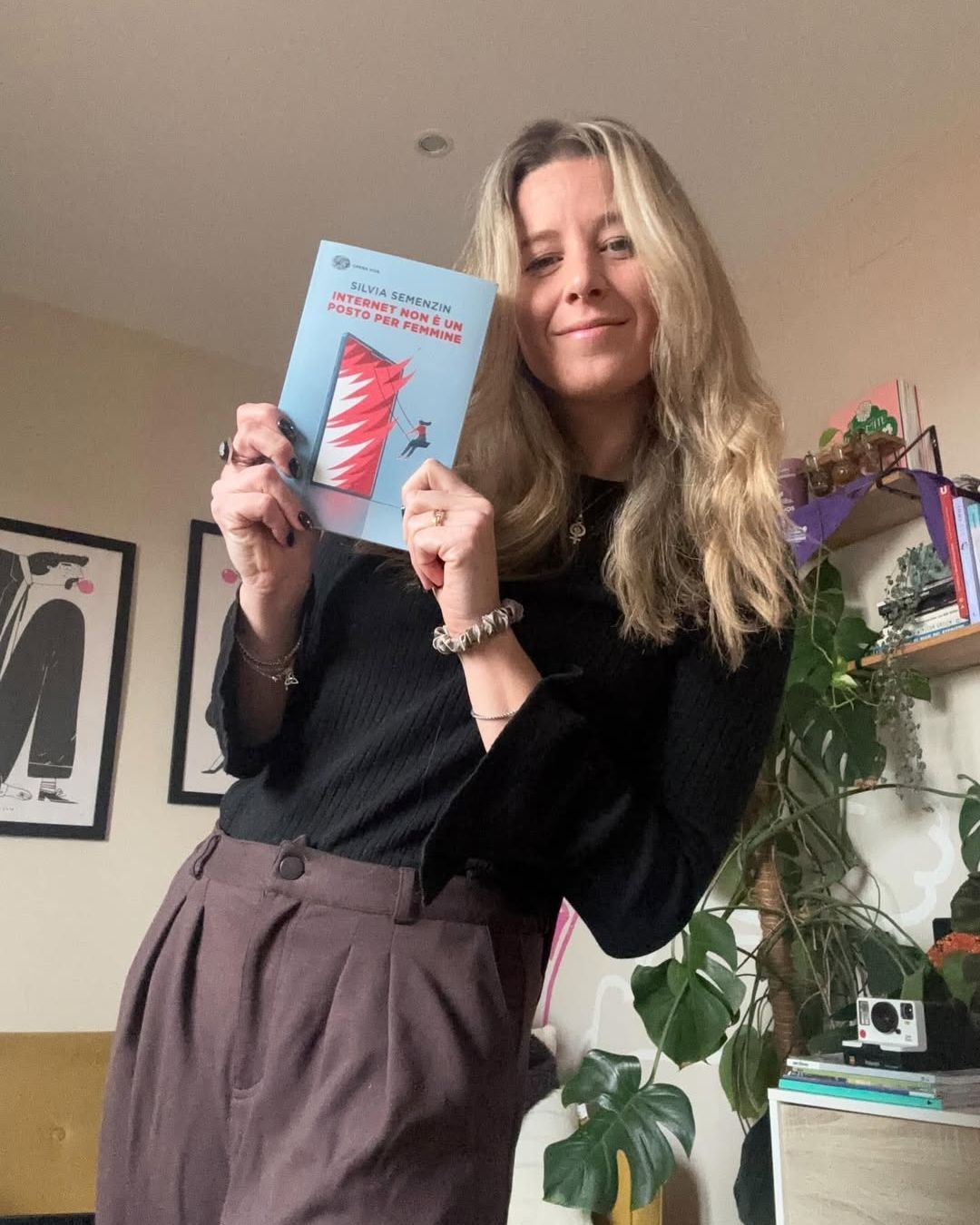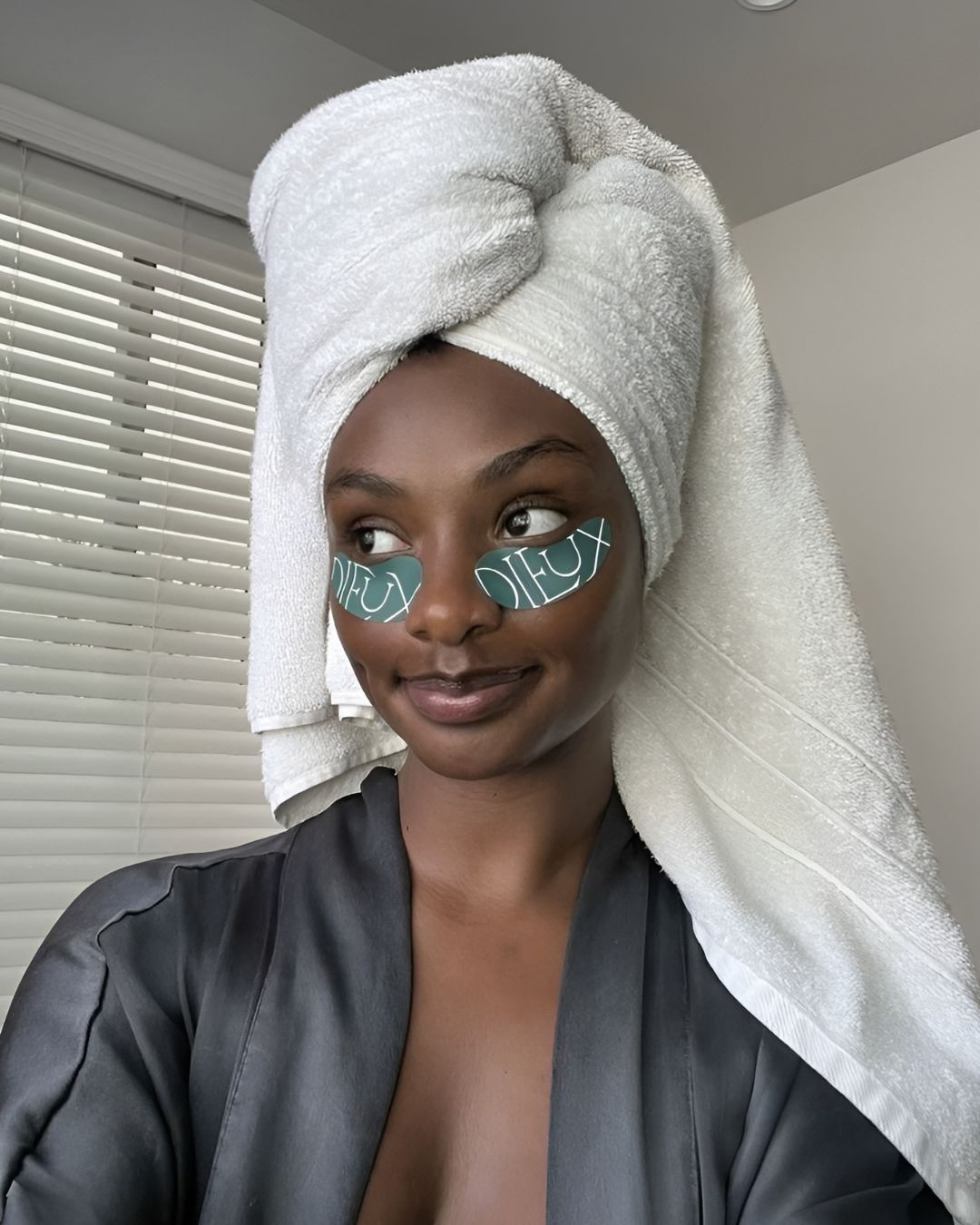
We really don't need all these products Where does self care end and marketing begin?
Once upon a time, there were commercials. Perfumes, creams, makeup: we watched these gorgeous, confident women with flawless skin on TV and inevitably ended up aspiring to that same state of grace. So, often, we bought the product. Today, it’s social media that creates our endless needs and desires. The difference is that the stimulus is constant, no longer limited to ad breaks between the news and a drama series. And most of the time, the message isn’t even clearly marked as advertising; it often feels more like advice from a friend, a neighbor, or an expert (who, more often than not, isn’t actually an expert). Some push long lists of supplements that supposedly changed their lives—from Omega 3 to gummy bears for hair growth - while others give detailed breakdowns of their multi-step skincare routines, which often differ between morning and evening. Then there are those who talk about mouth taping, intermittent fasting, detox drinks, and miracle diets to cleanse the body. Everyone has something to say, suggest, and ultimately, sell. But what do we really need?
Orthorexia and dermorexia: when self-care becomes obsession
More and more, we’re hearing about orthorexia and dermorexia: the former, already known in clinical psychology, refers to an extreme - almost obsessive - preoccupation with healthy eating, wellness, and fitness. Drawing a parallel, dermorexia describes “a set of obsessive behaviors related to skincare,” which often leads to a chaotic and even harmful approach. It’s a phenomenon becoming increasingly common, especially among the very young, and certainly intensified by the constant exposure to new products, each marketed as more effective than the last.
Learning how to care for your skin
In reality—as explained by Dr. Corinne Orsini (@dermopills), dermatologist and aesthetic doctor—“an effective skincare routine doesn’t need to be complicated or involve dozens of steps.” What truly matters is that “products are chosen based on your skin type and needs (dry, acne-prone, sensitive, mature, etc.).” It’s important to not get swept away by marketing, but instead to get to know yourself, keeping in mind that “setting realistic goals for yourself is far more important than chasing the latest trend.” “The essential steps for a good skincare routine,” Dr. Orsini continues, “are just three: cleansing - especially at night to remove pollution and impurities - hydration, and sun protection, which shouldn’t be underestimated for its anti-aging effects as well as skin cancer prevention.” Everything else is an optional bonus. Serums, for example, “can help target specific goals like exfoliation, reducing fine lines, or fading dark spots,” but they’re not essential - nor, unfortunately, miraculous.
Glass Skin: social media trend or truly healthy skin?
What about those aesthetic ideals that quickly become social media obsessions, like glass skin, known for its ultra-glowy appearance? “It started as a trend showcasing a new beauty standard (moving away from the matte-skin look),” says Dr. Orsini, “but it has evolved into unrealistic images of glowing faces, often achieved with a clever mix of lighting, filters, and serums formulated with light-reflecting microparticles (cosmetics, in other words).” So what’s the takeaway? Not everything that shines is gold - especially when it comes to someone else’s skin.
Supplements and diet: what do we really need?
The same goes for nutrition and overall wellness: while awareness of healthy eating has grown over the years, misleading messages and false myths continue to flood the internet. Take supplements, for example. They show up everywhere—in daily vlogs or influencer “what I eat in a day” videos. As explained by nutritionist Dr. Martina Donegani (@martinalasaluteincucina), “targeted supplementation can be useful, but only when based on a real need, not a trend. Otherwise, it risks being pointless (at best) or harmful (at worst).” That means starting “with an honest assessment of your lifestyle and diet—and if necessary, medical tests.” Don’t rely on whatever’s trending online. Listen to your body, and above all, Dr. Donegani reminds us, “avoid DIY supplementation: we often take things ‘just in case’ that we don’t need, and that may even hide a deeper issue.”
Lowering cortisol levels: myth or real need?
In general, “a varied diet based on fresh, seasonal, and balanced foods provides almost everything we need.” Beyond that, “there are no magic solutions” and no single enemy to avoid at all costs. Take cortisol, for example—often demonized on social media. “It’s an essential hormone that helps us manage stress, wake up in the morning, and control inflammation.” Sure, it becomes problematic “when its levels stay elevated chronically” in which case, “natural strategies like diet, regular exercise, and relaxation techniques can help.” The key is always to listen to yourself and get to know your own body: your skin, your health, and, let’s not forget, your mind. Social media can be a useful tool for information, but it’s also a breeding ground for confusion, unrealistic standards, and frustration. Handle with care.





















































